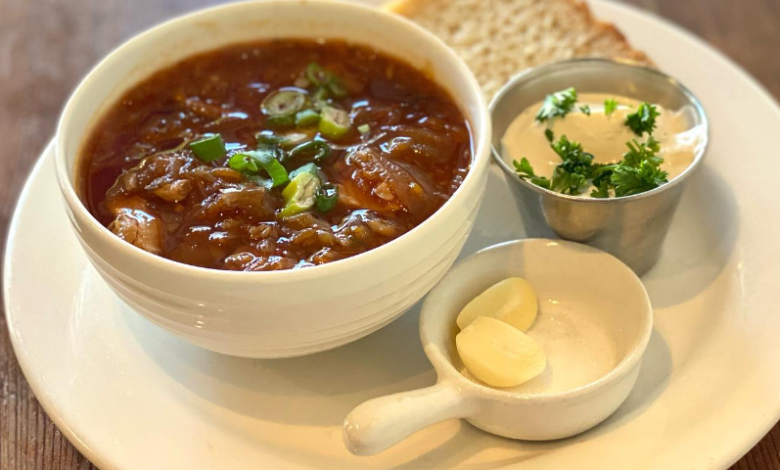
Another fight for Ukrainian government : Food Fraud
In recent years, the war in Ukraine has had a direct and significant impact on food fraud in the country. As the conflict continues to escalate, criminal organizations have taken advantage of the instability to carry out illicit activities, including the production and distribution of fraudulent food products.
One example of this is the production and sale of counterfeit alcohol, which has become a widespread issue in Ukraine. Criminal groups are producing cheap imitations of popular brands, often using dangerous chemicals and additives to mimic the taste and appearance of the real thing. These fake products are then sold to unsuspecting consumers at a fraction of the cost of the genuine article, posing a serious health risk.
The conflict in Ukraine has also led to an increase in the smuggling of food products across the country’s borders. Smugglers take advantage of the chaos to transport products without proper documentation or inspection, often bypassing food safety regulations and quality controls. This can lead to the distribution of substandard or contaminated food, putting public health at risk.
Another fight for Ukrainian government : Food Fraud
To combat these issues, authorities in Ukraine must take a multi-faceted approach to food fraud prevention. This includes improving border controls and inspections to detect and seize fraudulent products, increasing public awareness about the dangers of counterfeit food, and implementing stricter penalties for those involved in these illicit activities.
Additionally, efforts should be made to strengthen the domestic food industry in Ukraine, which has been severely impacted by the conflict. This could include providing support and incentives for local farmers and producers, as well as encouraging the growth of small-scale food businesses to reduce reliance on imported products.
Ultimately, the ongoing conflict in Ukraine has created a complex and challenging environment for combating food fraud. However, by implementing targeted measures and working collaboratively with industry and civil society, it is possible to mitigate the risks and ensure the safety and quality of the country’s food supply.










